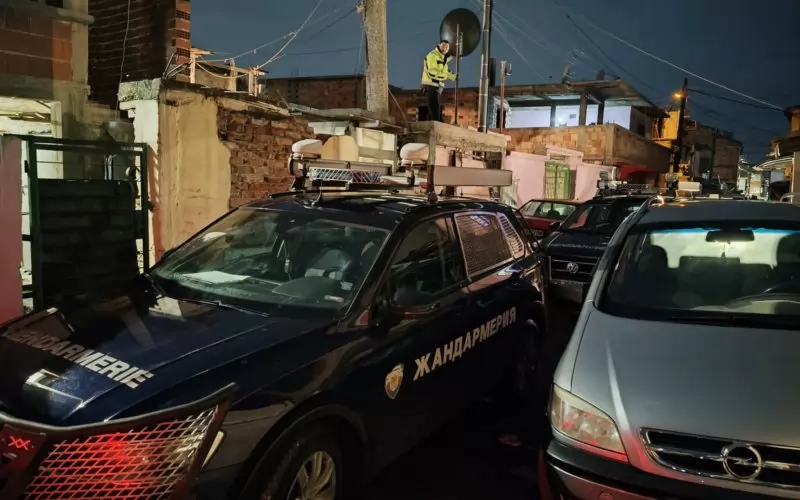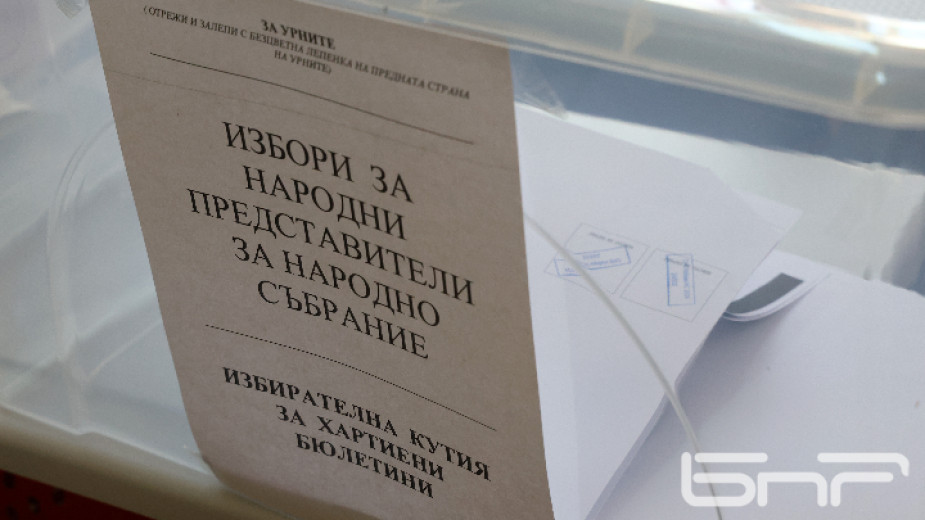Scholz (2014) reports on the adoption of measures by the German parliament, which shall limit the so-called “poverty immigration”. The ambivalent term was mistakenly repeatedly equated with a Rroma mass immigration in the political and media debate. However, the critical analyses did not detect any mass exodus from Romania and Bulgaria to Germany. In addition, there also immigrated ethnic Bulgarians and Romanians, as well as well-qualified workers. Despite this context, the Bundestag has decided on a set of measures that shall make immigration unattractive to low-skilled migrants. The movement of persons is not affected by the decision: “The right of residence for job search is limited to six months. In case of abuse, one has to face three years imprisonment or a fine. Municipalities receive onetime 25 million Euros by the federal government as a relief. Re-entry bans are now generally limited ex officio, and not only following request. Child benefit is paid only upon presentation of a tax number, to avoid double payments. Vaccinations for children and young people are paid by the statutory health insurgence. Undeclared work shall be combated by better data exchange between authorities. However, there will be no immigration quotas for citizens of EU states in Germany.” Along with the debate on the so-called “poverty immigrants”, there also was an in depth discussion on the situation of the Rroma in South-eastern Europe. There was no agreement among the various parties about the situation of the Rroma minority. While some pointed to the strong ghettoisation of the Rroma, disregarding integrated Rroma, others emphasised the discrimination against the minority. Also in this point, there was no agreement on whether Rroma are politically persecuted – therefore are systematically discriminated against – or are “only” exposed to everyday discrimination. In conjunction with the discussion on the status of safe countries of origin, the viewpoint prevailed that Rroma are affected by severe poverty, but are not affected by political persecution in South-eastern Europe. However, very one-sided and distorted ideas about the culture of the Rroma, based more on prejudice than on critically questioned knowledge continue to circulate. The debate barley every addressed the 110’000 to 130’000 Rroma that have been living integrated in Germany for generations.
- Scholz, Kay-Alexander (2014) Erste Schritte gegen Armutszuwanderung. In: Deutsche Welle online vom 6.11.2014. http://www.dw.de/erste-schritte-gegen-armutszuwanderung/a-18044726







